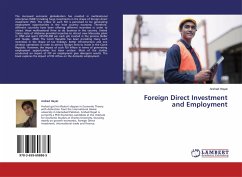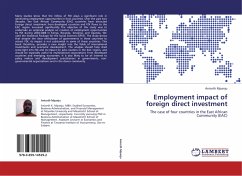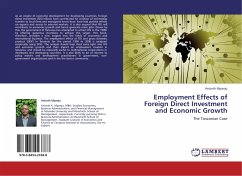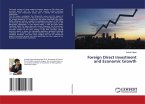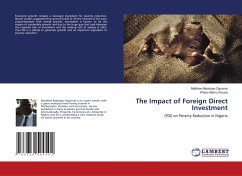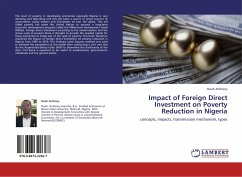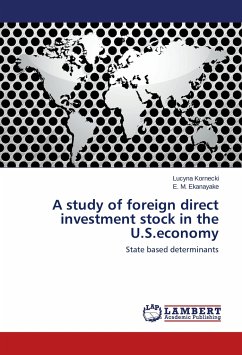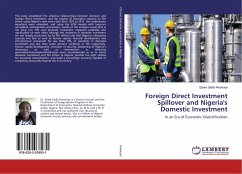The increased economic globalization has resulted in multinational enterprises (MNE's) making huge investments in the shape of foreign direct investment (FDI). The inflow of such FDI is perceived to be generating employment opportunities in the host country economy. Therefore, different countries have been offering different incentives in order to attract these multinational firms to do business in the country. United States state of Alabama provided incentive to attract new Mercedes plant in 1994 and spent US$150,000 per each job created in the process (Keller and Yeaple, 2004). The Czech Republic has been providing many such incentives in the shape of tax holidays, better infrastructure and one window operations in order to attract foreign firms to invest in the Czech Republic. However, the impact of such FDI inflow in terms of generating employment opportunities has been unclear. Most of the studies conducted on impact of FDI on employment give divergent results. The book explores the impact of FDI inflow on the domestic employment.
Bitte wählen Sie Ihr Anliegen aus.
Rechnungen
Retourenschein anfordern
Bestellstatus
Storno

